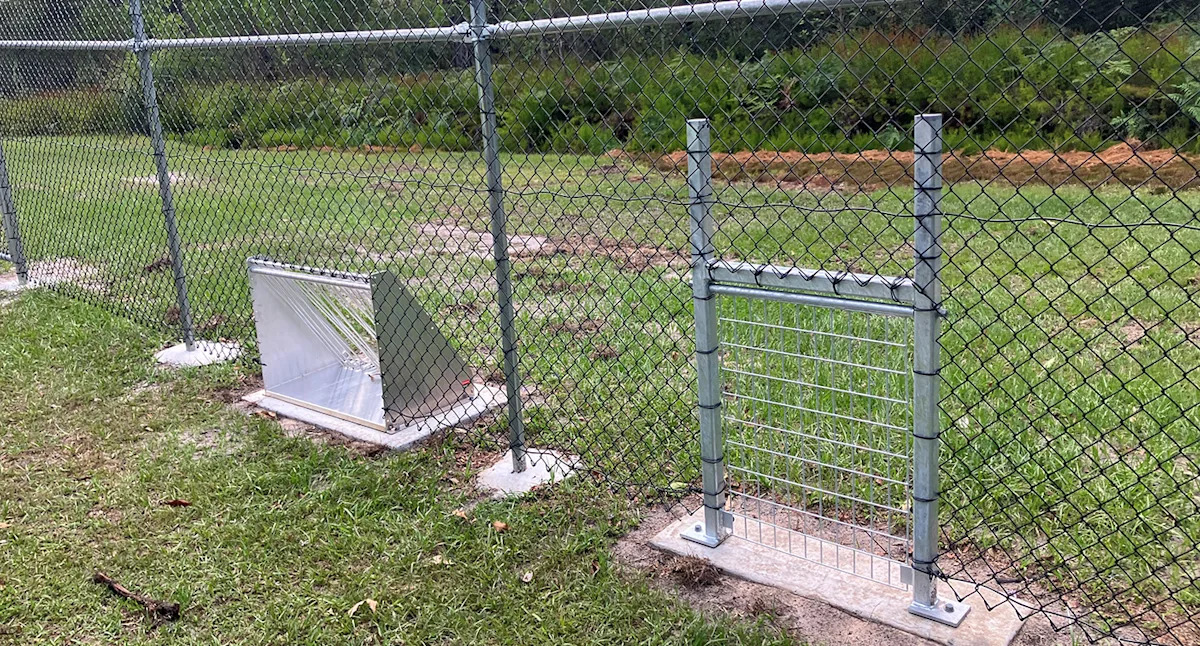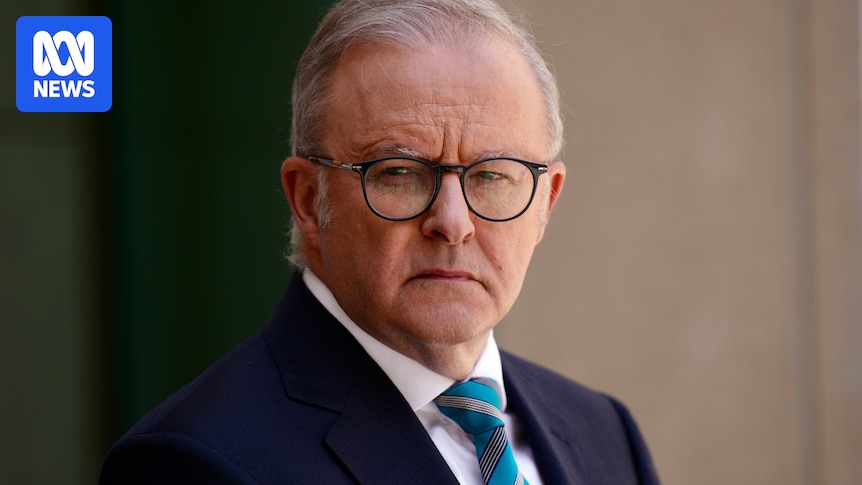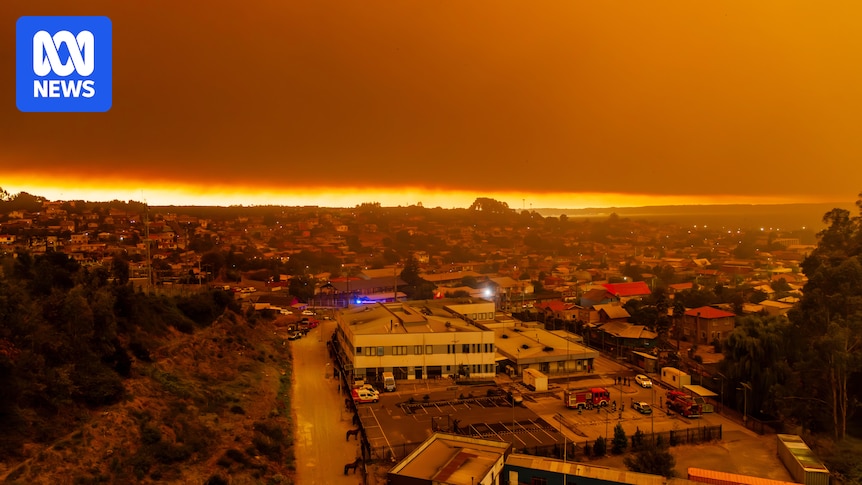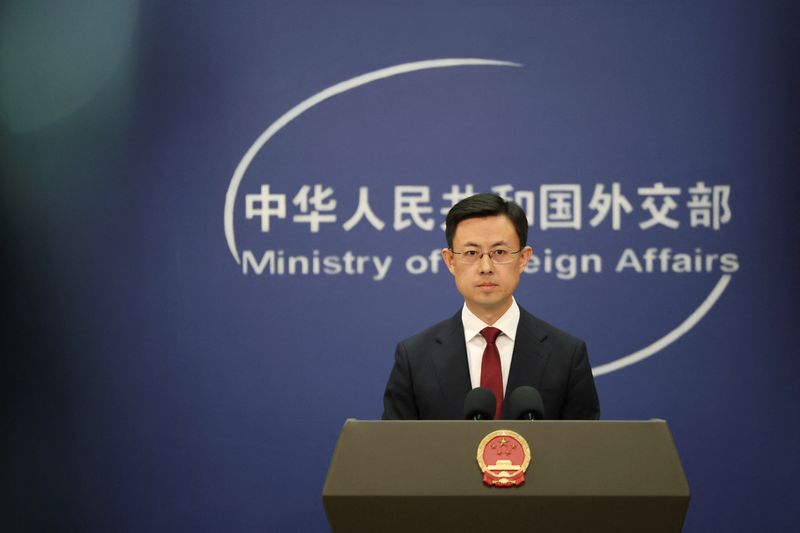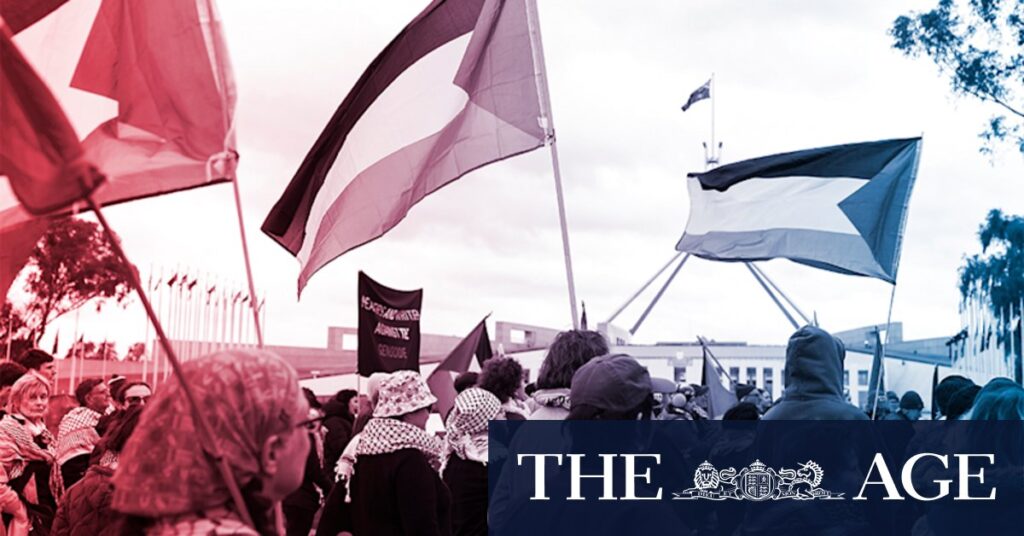
In a move that has sparked a spectrum of reactions, Prime Minister Anthony Albanese announced that Australia would recognize Palestine at the upcoming United Nations General Assembly in September. This decision comes amid a divided public opinion, with a recent poll indicating that a quarter of Australian voters support recognizing a Palestinian state regardless of who controls Gaza, while a third believe recognition should be contingent upon meeting certain conditions.
The polling, conducted exclusively for this publication, reveals that 36 percent of Australians are skeptical about the impact of recognizing Palestine on the broader Middle Eastern conflict. In contrast, 25 percent of respondents believe that such recognition would indeed make a difference. The poll underscores a shift in sympathies towards Gaza, yet highlights the complexity of public opinion on this contentious issue.
Political Context and Public Sentiment
The announcement by Prime Minister Albanese comes as part of a broader diplomatic strategy. He emphasized commitments from Palestinian Authority President Mahmoud Abbas to hold elections soon and to exclude Hamas from governance structures. This pledge aligns with the 22-nation Arab League’s call for Hamas to demilitarize and relinquish its claim to govern Gaza, a condition Albanese considers crucial for moving forward with recognition.
Within the Labor Party, opinions are nearly evenly divided on the issue. This internal split reflects the broader national debate, with many Australians weighing the potential geopolitical ramifications against the moral and humanitarian arguments for recognizing Palestinian statehood.
Historical Parallels and Expert Opinions
Historically, Australia’s stance on the Israeli-Palestinian conflict has been cautious, often aligning with Western allies like the United States. However, the current geopolitical landscape and shifting public sentiments may be prompting a reevaluation of this position. Experts suggest that Australia’s recognition of Palestine could signal a significant shift in its foreign policy, potentially influencing other nations to reconsider their stances.
Dr. Sarah Collins, a Middle Eastern politics expert at the University of Sydney, noted, “Recognition of Palestine by Australia could serve as a catalyst for renewed international dialogue on the Israeli-Palestinian conflict. However, the complexities on the ground mean that recognition alone won’t solve the enduring issues.”
Implications and Future Prospects
The implications of Australia’s decision to recognize Palestine are manifold. On one hand, it could bolster Palestinian efforts to gain broader international legitimacy and support. On the other hand, it may strain Australia’s diplomatic relations with Israel and its allies, who may view the move as premature or one-sided.
Looking ahead, the success of this diplomatic endeavor will largely depend on developments within Palestinian territories and the broader Middle Eastern region. The international community will be watching closely to see whether Mahmoud Abbas can deliver on his promises and whether Hamas will heed calls to demilitarize.
As Australia prepares to make its case at the United Nations, the world will be watching to see if this decision marks the beginning of a new chapter in Middle Eastern diplomacy or if it will remain a symbolic gesture with limited practical impact.
The coming months will be crucial in determining the trajectory of Australia’s foreign policy in the Middle East, as well as the broader international response to its recognition of Palestine.
